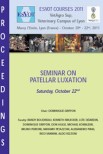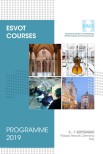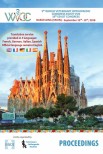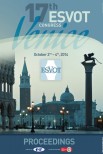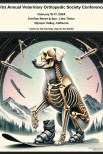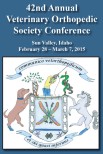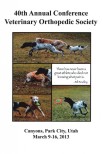The aim of this in-vitro study was to investigate the response of articular cartilage to frictional load when sliding against a metal implant, and identify potential mechanisms of damage to articular cartilage in a metal-on-cartilage pairing.
Bovine osteochondral cylinders were reciprocally slid against metal cylinders (cobalt-chromium-molybdenum alloy) with several variations of load and sliding velocity using a microtribometer.
The effects of different loads and velocities, and the resulting friction coefficients on articular cartilage, were evaluated by measuring histological and metabolic outcomes. Moreover, the biotribocorrosion of the metal was determined. Chondrocytes stimulated with high load and velocity showed increased metabolic activity and cartilage-specific gene expression. In addition, higher load and velocity resulted in biotribocorrosion of the metal implant and damage to the surface of the articular cartilage, whereas low velocity and a high coefficient of friction increased the expression of catabolic genes. Articular cartilage showed particular responses to load and velocity when sliding against a metal implant. Moreover, metal implants showed tribocorrosion.
Therefore, corrosion particles may play a role in the mechano-biochemical wear of articular cartilage after implantation of a metal implant. These findings may be useful to surgeons performing resurfacing procedures and total knee arthroplasty.
